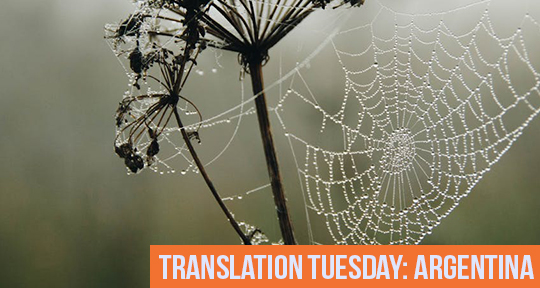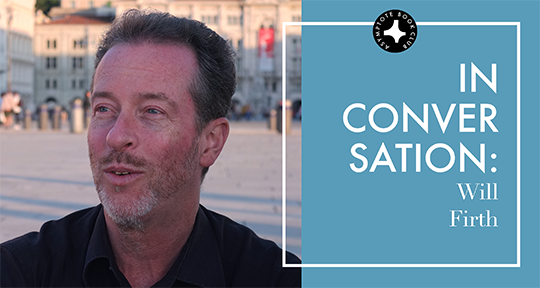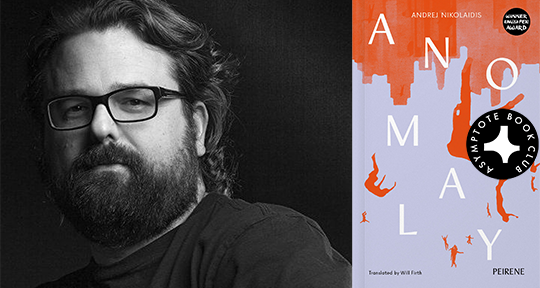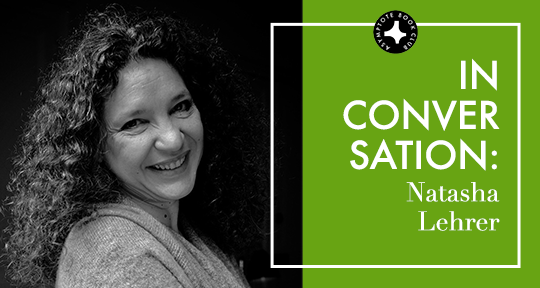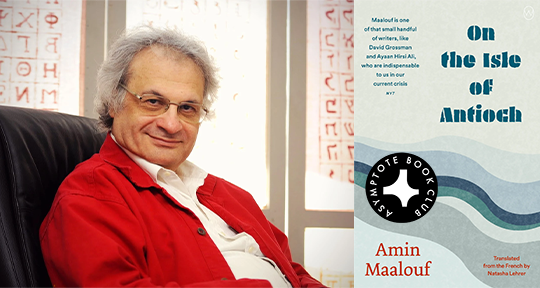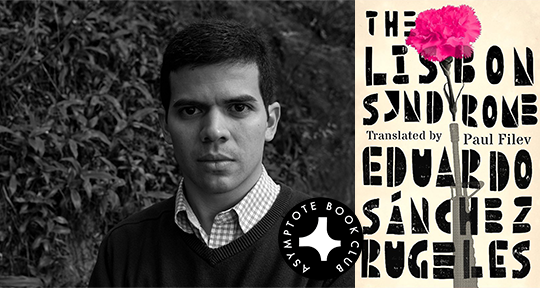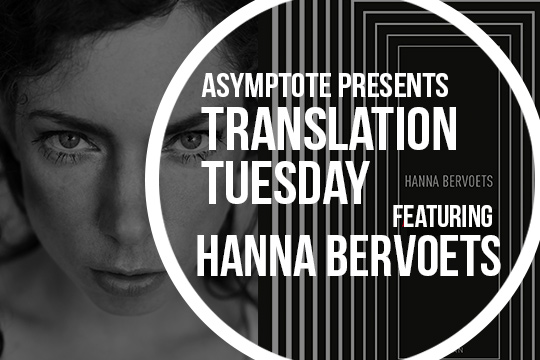A single season can completely upend everything you used to take for granted—at least, that’s how it often feels when you’re young. This week’s short story, “Childhood”, by Maria Karpińska and translated by Jonathan Baines, depicts one such formative period. Over the course of a summer vacation, a boy is increasingly caught up in the escapades of his magnetic new friend, who sweetly conceals her taste for cruelty. Together, the children dream of apocalypse. If chaos were to invade the pastoral setting of childhood, what form would it take? Karpińska’s piece quietly hints at the looming shadows of global crises, cast over those who are too young to make sense of them.
As a child I loved the steady rhythm of trains. It sent me to sleep. The whole family, laden with provisions and luggage in extraordinary quantities, would board the train and within a quarter of an hour I’d be asleep. I’d settle down on a pile of suitcases, or on my mother’s generous thighs, and drift off, lulled by the rattling of the wheels.
It was high summer. The trees outside the window were such a luscious green, that you could sink your teeth into it, and it would dribble down your chin. The picture postcard quality of the season had not yet been spoiled by the heat. Cottages were scattered here and there. The scene was peaceful, idyllic. Everything was blurred around the edges, smudged with dirt, like a windowpane smeared with the grease of a hundred different hands, imperfectly cleaned up by Polish State Railways.
And who should step into this picture, but a wee girl. That’s how everyone referred to her. I can still hear my mother saying, “There’ll be a wee girl there. You’ll get along.” We were on the train then, too, on our way to see my uncle’s family, or some in-laws, I don’t recall. I’d never met the people we stayed with and I haven’t seen them since. I don’t know what the thinking was behind that trip, but then one’s childhood is packed with events for which one receives no explanation, things happening for no reason and with no goal in view, coming to pass abruptly, with no introduction. A blissful world of ignorance with no decisions to be made.


